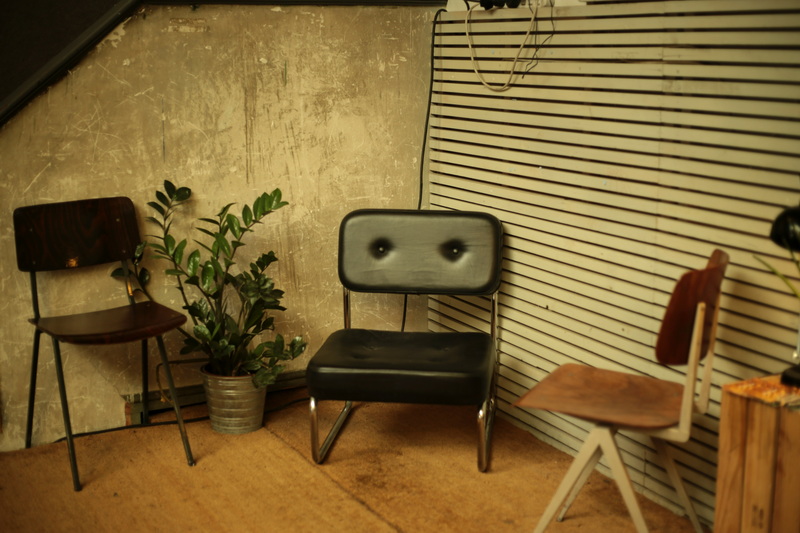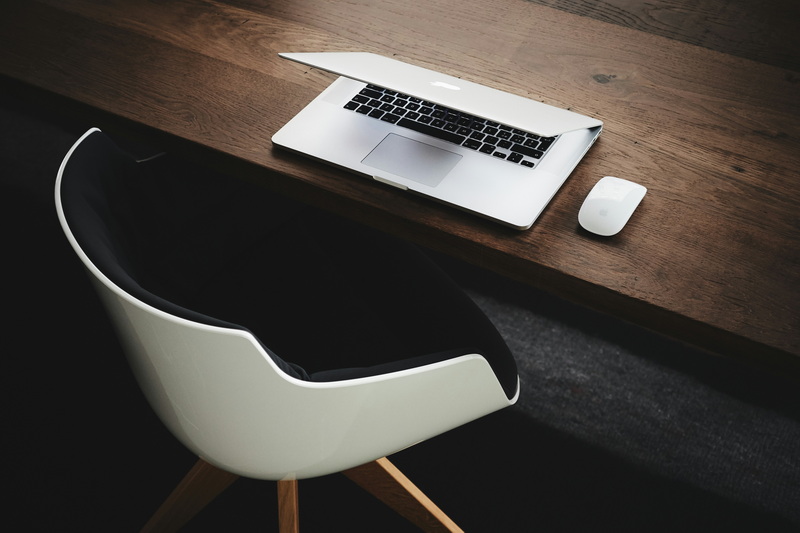English 




Views: 222 Author: Astin Publish Time: 2025-03-01 Origin: Site



Content Menu
● Introduction to Aluminum Patio Furniture
● Environmental Factors Affecting Metal Corrosion
● Tips for Maintaining Aluminum Patio Furniture
>> Applying Protective Coatings
>> Storage During Harsh Weather
● Advantages of Aluminum Patio Furniture
● Disadvantages of Aluminum Patio Furniture
● Comparison with Other Materials
● Sustainability and Eco-Friendliness
>> 1. Does Aluminum Patio Furniture Require Special Care?
>> 2. Can Aluminum Patio Furniture Be Used in Coastal Areas?
>> 3. How Often Should I Clean My Aluminum Patio Furniture?
>> 4. Can I Use Aluminum Patio Furniture in Extreme Weather Conditions?
>> 5. Is Aluminum Patio Furniture More Expensive Than Other Materials?
Aluminum patio furniture has become a popular choice for outdoor settings due to its durability and resistance to corrosion. Unlike iron and steel, aluminum does not rust, making it an ideal material for furniture exposed to various environmental conditions. This article will delve into the properties of aluminum, its advantages in outdoor furniture, and provide tips on how to maintain it.

Aluminum patio furniture is favored for its lightweight, rust-proof, and durable nature. It is widely used in outdoor settings because it can withstand harsh weather conditions without significant deterioration. The primary reason aluminum does not rust is that it does not contain iron, which is a key component in the rusting process of metals like steel.
Aluminum is a versatile metal with several beneficial properties that make it suitable for outdoor furniture:
- Rust-Proof: Aluminum forms a protective oxide layer when exposed to air, which prevents it from corroding or rusting. This layer is self-healing, meaning that if it is scratched, it will quickly reform to protect the underlying metal.
- Lightweight: Aluminum is much lighter than other metals like iron or steel, making it easier to move and rearrange furniture as needed.
- Durable: Despite its lightweight nature, aluminum is strong and can withstand various environmental conditions, including rain, sun, and wind.
- Low Maintenance: Aluminum furniture requires minimal maintenance compared to other materials. It can be easily cleaned with mild soap and water, and applying a protective wax can enhance its durability.
While aluminum itself does not rust, understanding the environmental factors that influence metal corrosion can help in maintaining other types of outdoor furniture. Key factors include:
- Moisture: High levels of moisture accelerate corrosion in metals. Aluminum's protective oxide layer helps it resist moisture-induced corrosion.
- Humidity: Similar to moisture, high humidity can lead to faster corrosion in metals that are susceptible to rusting.
- Salt Air: Living in coastal areas exposes metals to salt air, which is highly corrosive. Aluminum's resistance to corrosion makes it a good choice for such environments.
- Temperature Extremes: Extreme temperatures can affect the durability of some metals, but aluminum remains stable across a wide range of temperatures.

Although aluminum is naturally resistant to rust, regular maintenance can extend its lifespan and keep it looking its best:
1. Use Mild Soap and Water: Clean the furniture with a soft cloth or sponge to remove dirt and debris.
2. Vinegar Solution: For tougher stains, mix equal parts water and vinegar to gently remove grime without damaging the finish.
3. Avoid Harsh Chemicals: Never use bleach or strong detergents, as they can damage the aluminum's protective layer.
- Wax Coating: Apply a protective wax every few months to enhance the furniture's durability and protect it from environmental factors.
- Other Coatings: Linseed oil or silicone oil can also be used as additional protective layers.
- Powder Coating: Some aluminum furniture comes with a powder coating, which provides an extra layer of protection against corrosion and fading.
Storing or covering aluminum furniture during extreme weather conditions like heavy rain or snow can prevent unnecessary wear and tear.
Regularly inspect the furniture for any signs of damage, such as dents or loose screws, and address these issues promptly to prevent further deterioration.
The advantages of using aluminum patio furniture include:
- Rust-Proof: No risk of rust stains or structural damage from rusting.
- Easy Maintenance: Requires minimal upkeep compared to other materials.
- Durability: Can withstand harsh weather conditions without significant deterioration.
- Lightweight: Easy to move and rearrange as needed.
- Aesthetic Appeal: Available in a variety of styles and finishes, making it versatile for different outdoor settings.
While aluminum patio furniture offers many benefits, there are some drawbacks to consider:
- Cold to the Touch: Aluminum can feel cold, especially in cooler weather.
- Noise: Aluminum furniture can be noisy when moved or when people sit down.
- Cost: High-quality aluminum furniture can be more expensive than other materials.
- Scratches: Aluminum can scratch easily, which may require touch-ups to maintain appearance.
Aluminum patio furniture is often compared to other materials like wicker, wood, and steel. Here's a brief comparison:
- Wicker Furniture: Wicker is lightweight and stylish but may not be as durable as aluminum in harsh weather conditions.
- Wooden Furniture: Wood offers a natural look but requires more maintenance than aluminum and can rot or decay over time.
- Steel Furniture: Steel is strong but can rust if not properly coated, making it less suitable for outdoor use without additional protection.
Aluminum patio furniture comes in a wide range of styles and designs, making it easy to find pieces that fit your outdoor decor. From modern minimalist designs to more traditional looks, aluminum furniture can be customized with various finishes and cushions to match any aesthetic.
Aluminum is a highly recyclable material, making it an eco-friendly choice for furniture. The production process for aluminum furniture often involves recycled materials, reducing waste and environmental impact.
Aluminum patio furniture is an excellent choice for outdoor settings due to its rust-proof nature, durability, and ease of maintenance. By understanding the properties of aluminum and following simple maintenance tips, you can enjoy your aluminum patio furniture for years to come.

Aluminum patio furniture is generally low maintenance. Regular cleaning with mild soap and water, along with occasional wax coatings, is sufficient to keep it in good condition.
Yes, aluminum patio furniture is suitable for coastal areas. Its resistance to corrosion makes it an ideal choice for environments with high salt content in the air.
It is recommended to clean your aluminum patio furniture at least once a month. In coastal areas, more frequent cleaning may be necessary to remove salt residue.
While aluminum is durable, it is advisable to store or cover the furniture during extreme weather conditions like heavy rain or snow to prevent unnecessary wear and tear.
High-quality aluminum patio furniture can be more expensive than some other materials, but its durability and low maintenance requirements often make it a cost-effective choice in the long run.
[1] https://jardina.com/blogs/all/does-aluminium-patio-furniture-rust
[2] https://www.sohu.com/a/126276564_155881
[3] https://urbanlandproducts.com/will-aluminium-outdoor-furniture-rust/
[4] https://www.sohu.com/a/364716744_528671/
[5] https://www.build.com/cast-aluminum-patio-furniture/a22118
[6] https://www.sohu.com/a/243591364_642305
[7] https://hauserspatio.com/blog/pros-and-cons-of-aluminum-patio-furniture/
[8] https://www.unodc.org/documents/Wildlife/Guide_Timber_CH.pdf
Top Aluminum Furnitures Manufacturers and Suppliers in Czech Republic
Top Aluminum Furnitures Manufacturers and Suppliers in Poland
Top Aluminum Furnitures Manufacturers and Suppliers in Belgium
Top Aluminum Furnitures Manufacturers and Suppliers in Finland
Top Aluminum Furnitures Manufacturers and Suppliers in Denmark
Top Aluminum Furnitures Manufacturers and Suppliers in Greece
Top Aluminum Furnitures Manufacturers and Suppliers in Portugal
Top Aluminum Furnitures Manufacturers and Suppliers in Austria
Top Aluminum Furnitures Manufacturers and Suppliers in Norway
Top Aluminum Furnitures Manufacturers and Suppliers in Sweden
